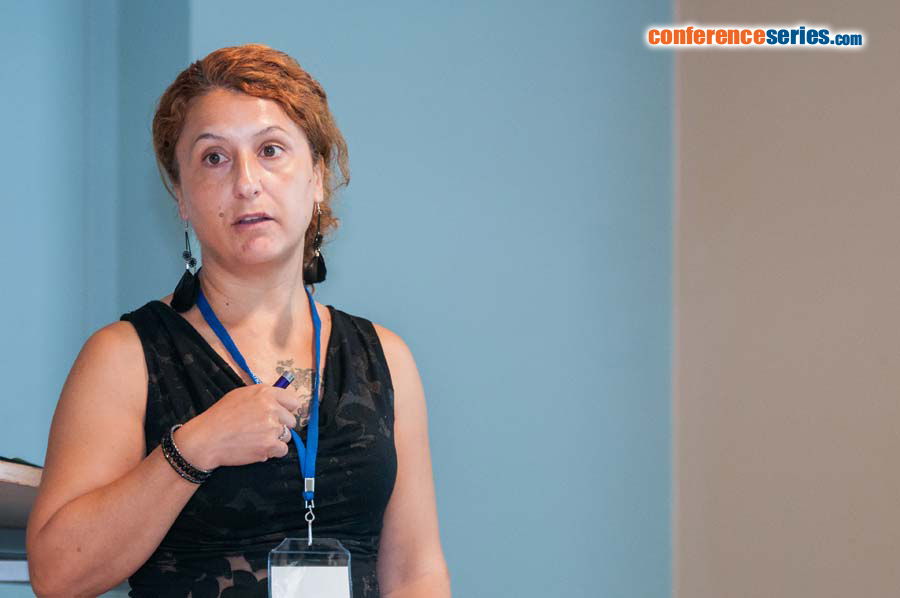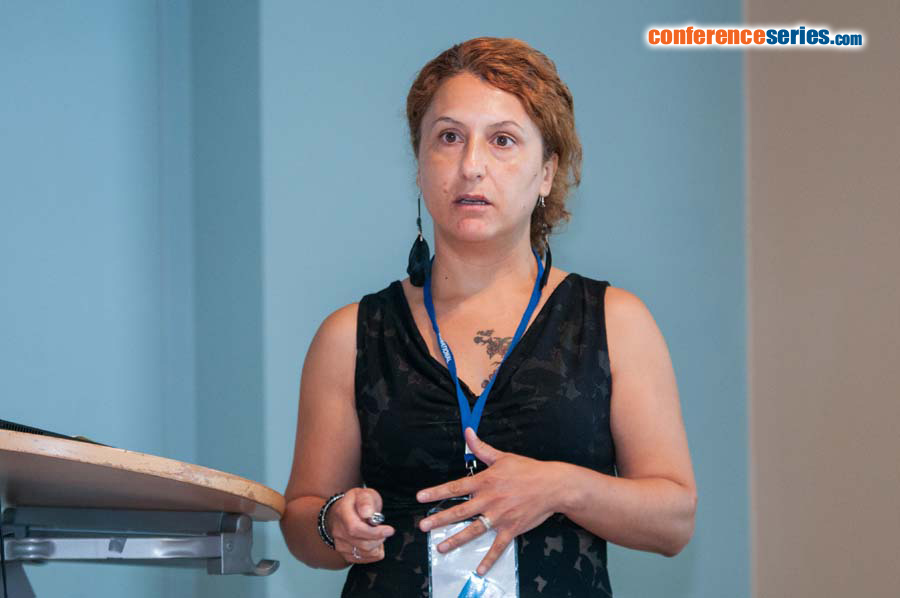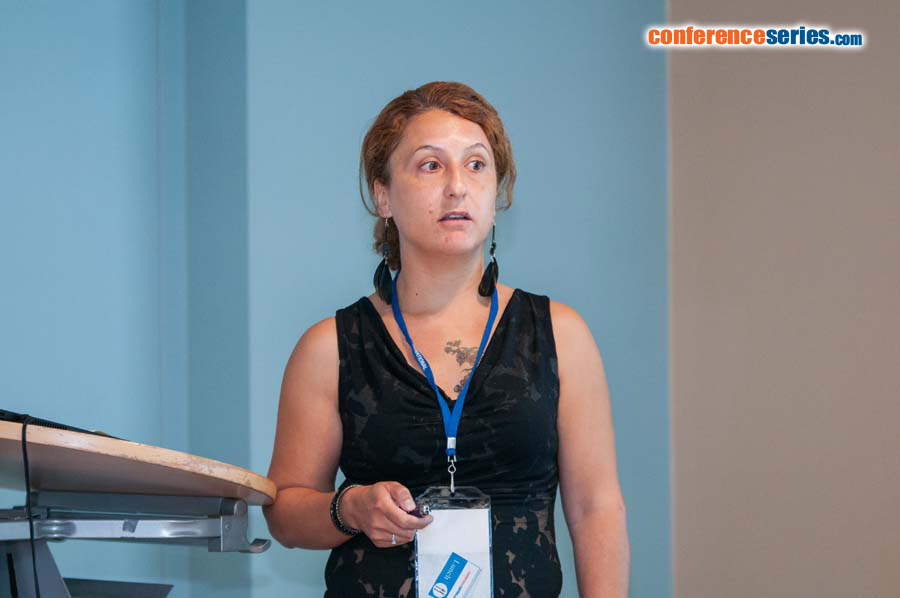Hilal Turkoglu Sasmazel
Atilim University, Turkey
Title: Hybrid PCL/chitosan scaffolds with micro and macro porosity
Biography
Biography: Hilal Turkoglu Sasmazel
Abstract
In this study, hybrid PCL/chitosan polymeric scaffolds have been developed by combining electrospinning, solvent casting and freeze drying techniques. The aim was to obtain a hybrid structure with micro and macro porosity. The fabrication of the scaffolds has been designed in three steps. In the first step, PCL solution, prepared by dissolving 15 weight% PCL in chloroform/methanol solvent (v/v, 75/25), was electrospun in order to obtain fibrous mats with microporous structure. In the second step, chitosan solution, dissolved in acetic acid, was cast into a Petri dish and the prepared PCL fibrous mat was immersed into the solution to combine PCL with chitosan. For a better integration of the chitosan solution to the pores of the PCL fibrous network, pressure was applied on top of the PCL mat. Finally, the samples were freeze-dried with two different pre-drying step, refrigerating and vacuum incubating, to obtain macropores, accompanying the micropores of the fibrous structure. These prepared scaffolds were found to have a structure similar to the natural extracellular matrix (ECM) with an average contact angle of 68.93±2.18o. The optimization of the fabrication parameters was carried out with naked eye observations, SEM analysis and mechanical testing. It was found that the scaffold, freeze dried for 24 hours, showed the highest Young’s modulus and yield strength values. Additionally, thickness and water contact angle (CA) measurements, Fourier Transform Infrared Spectroscopy (FTIR) and PBS absorption/shrinkage studies were carried out to define physical and chemical properties of the developed scaffolds. Finally, the biocompatibility of the scaffolds was tested in vitro with MRC5 fibroblast cells regarding cell attachment and growth and the developed scaffold was found to have better biocompatibility than commercial tissue culture polystyrene.
Speaker Presentations
Speaker PPTs Click Here




